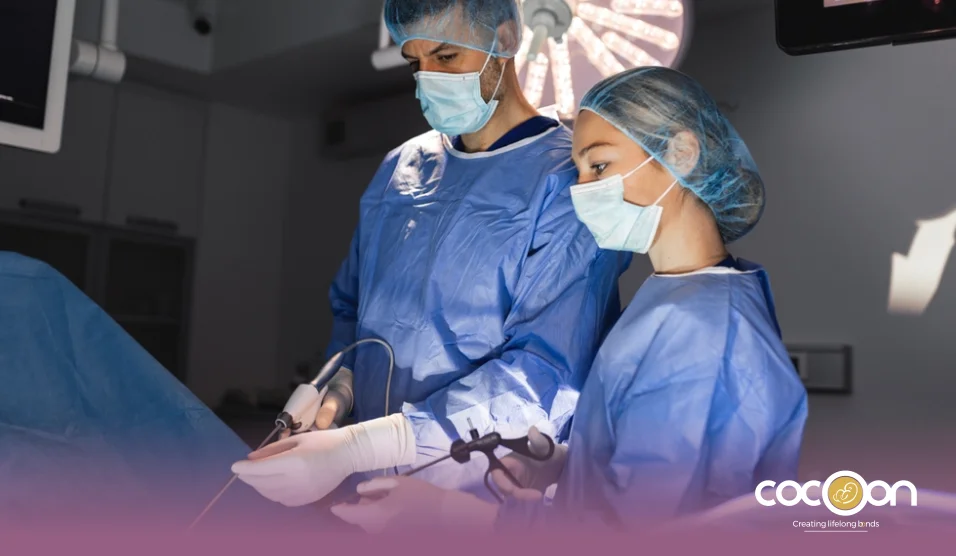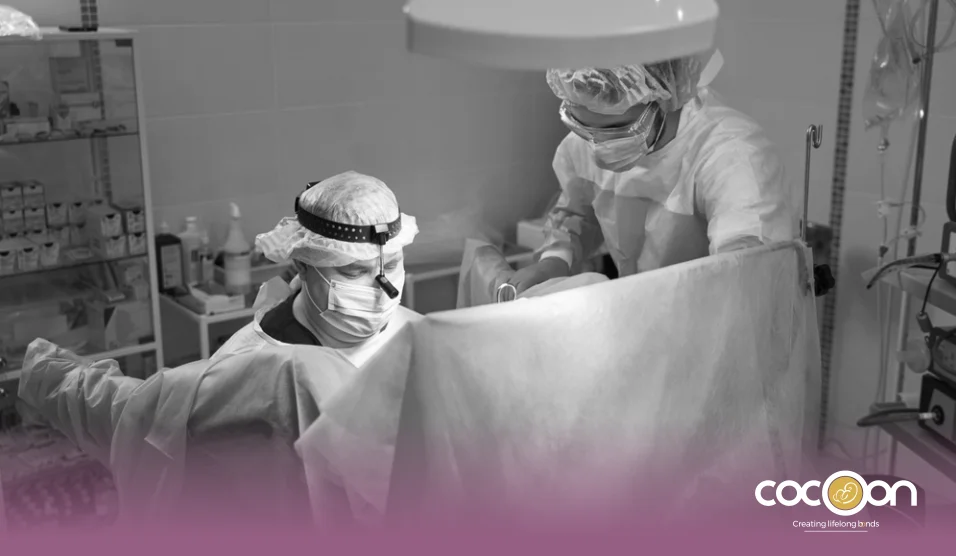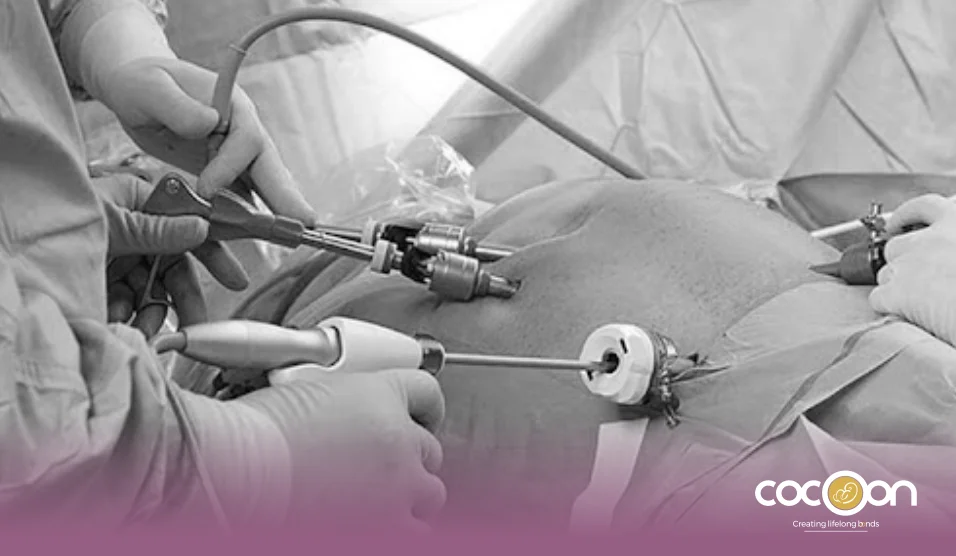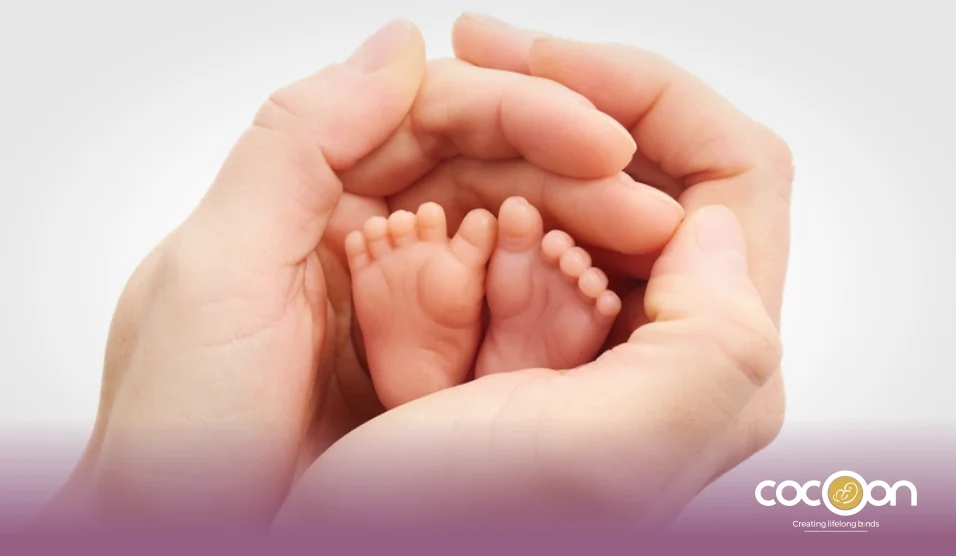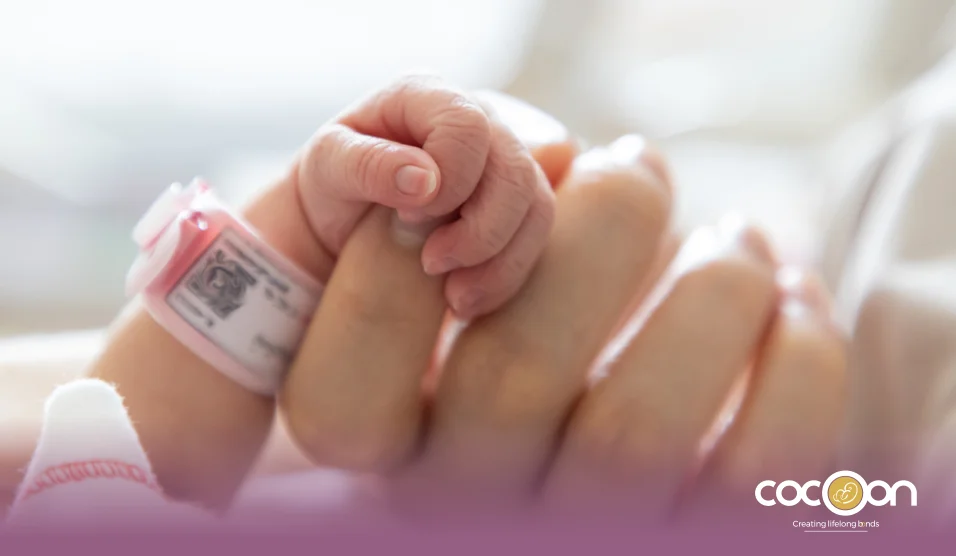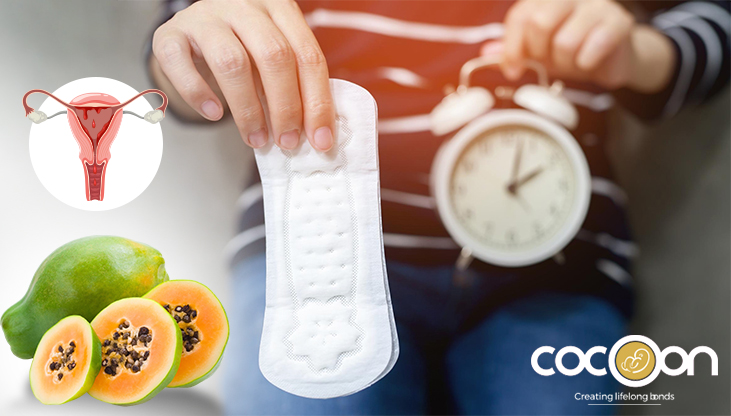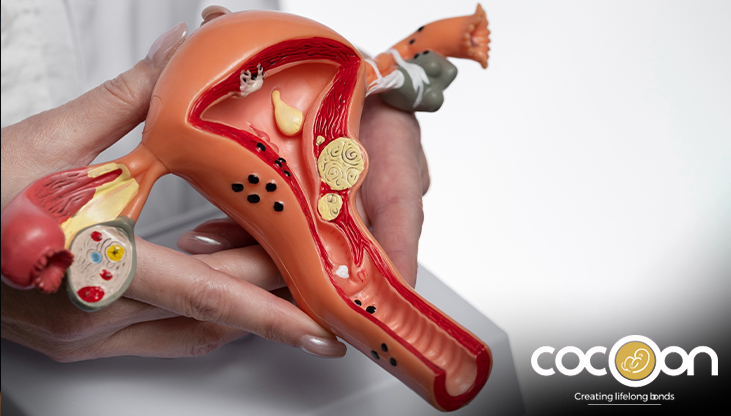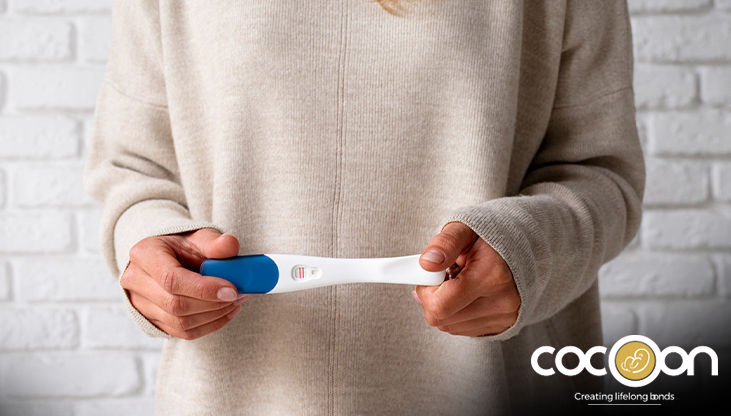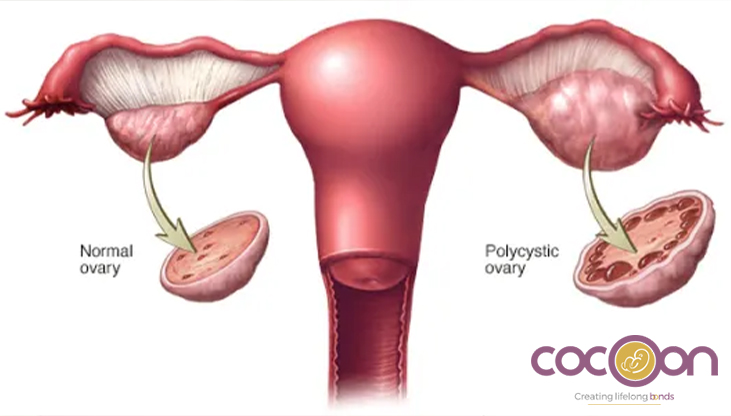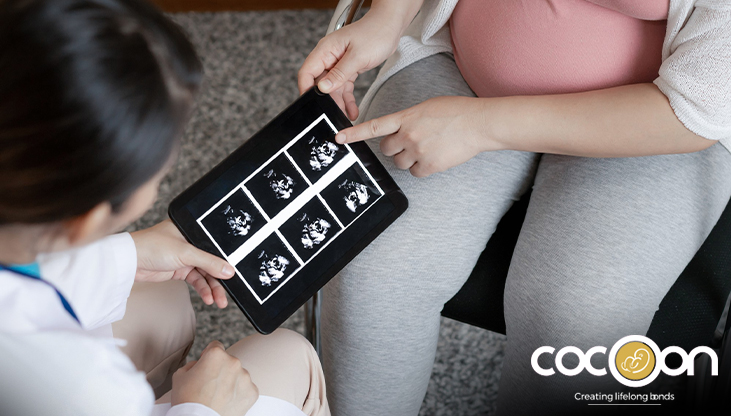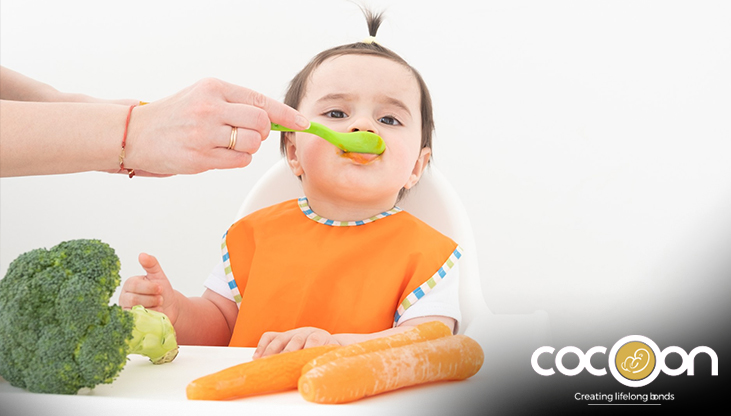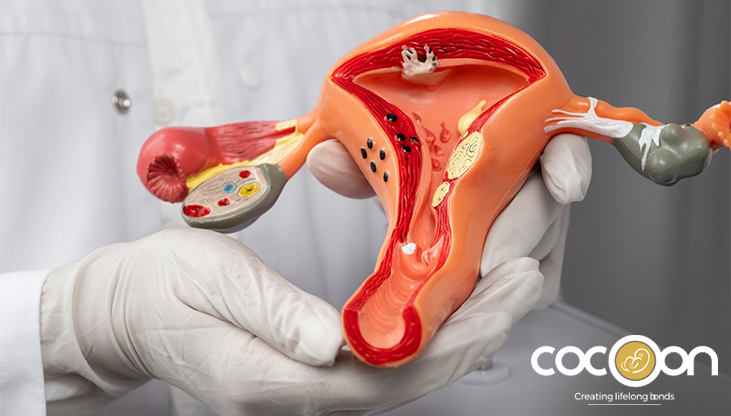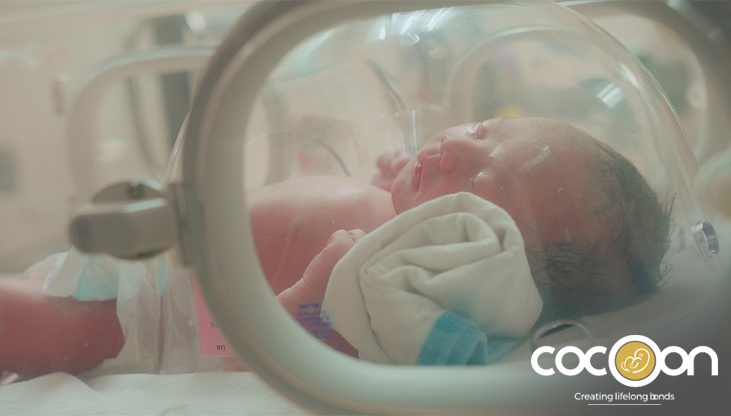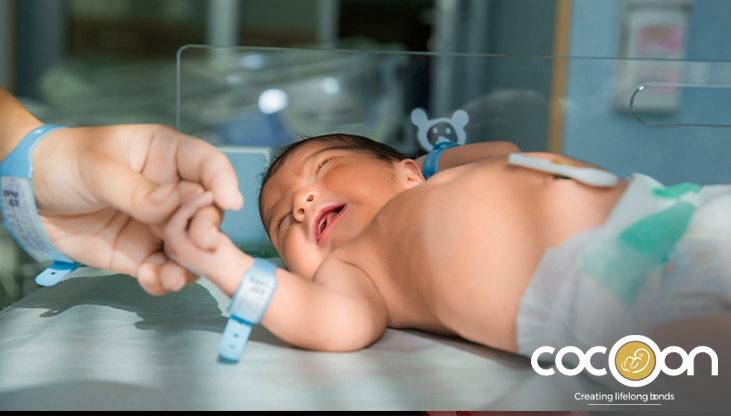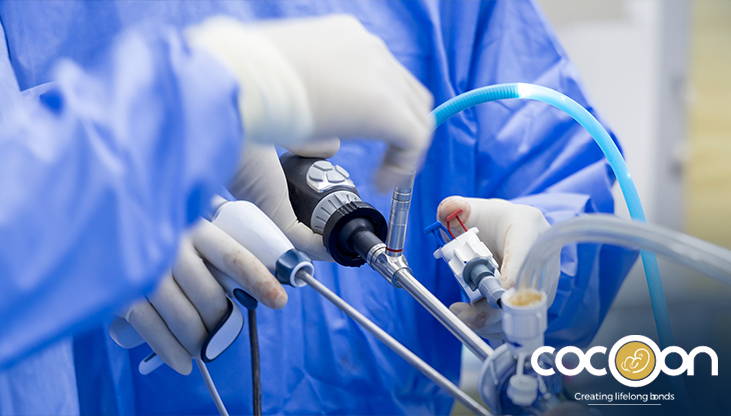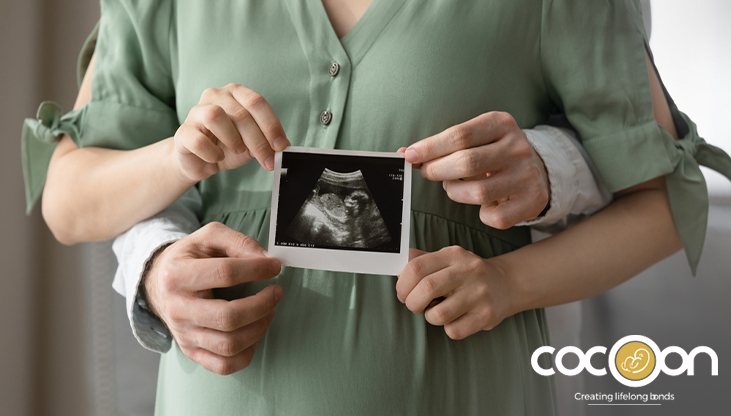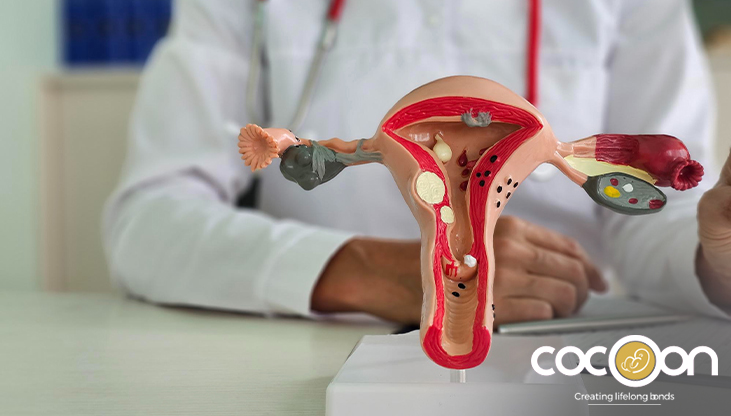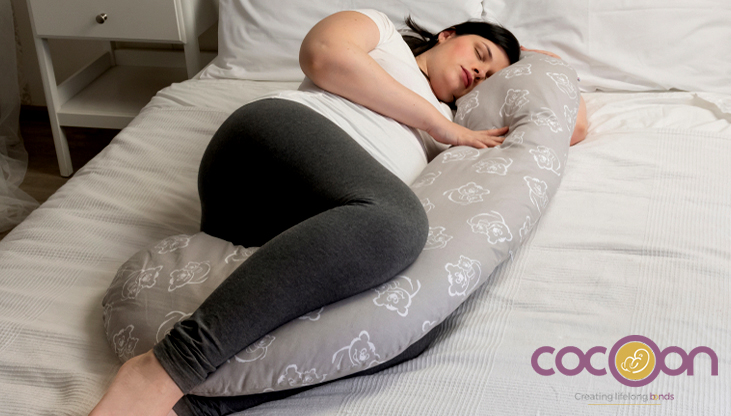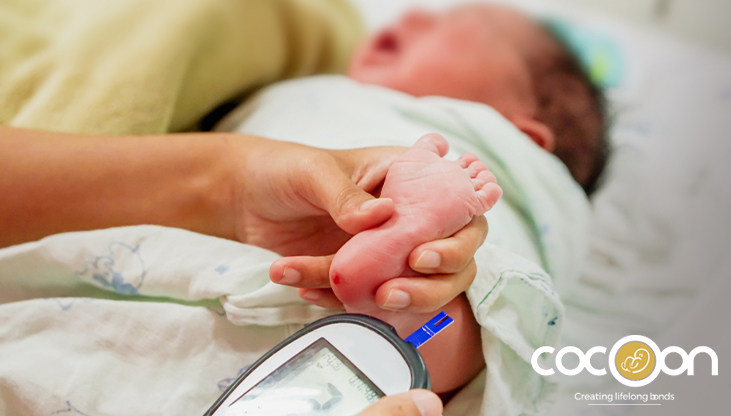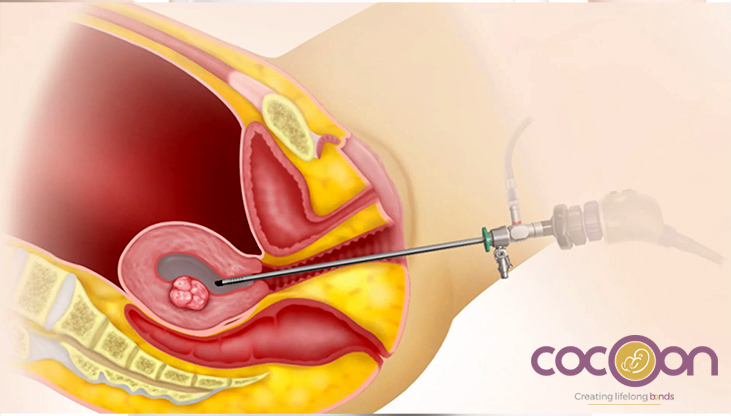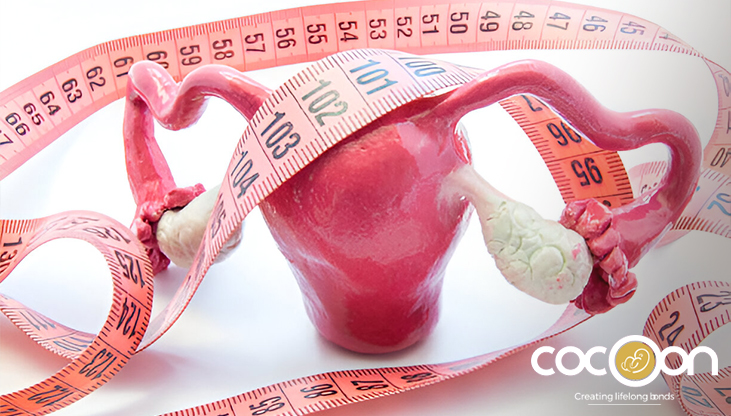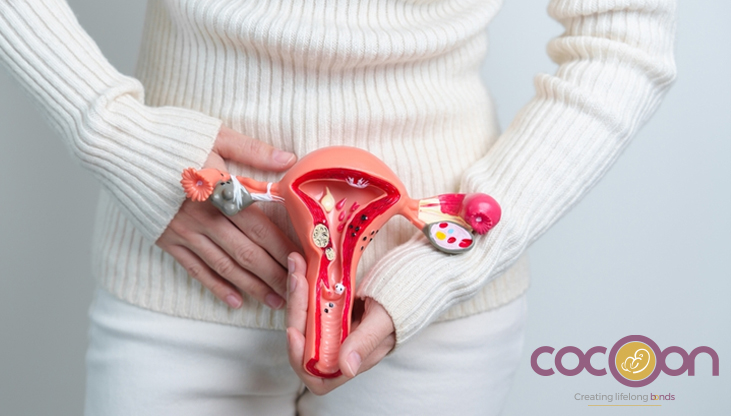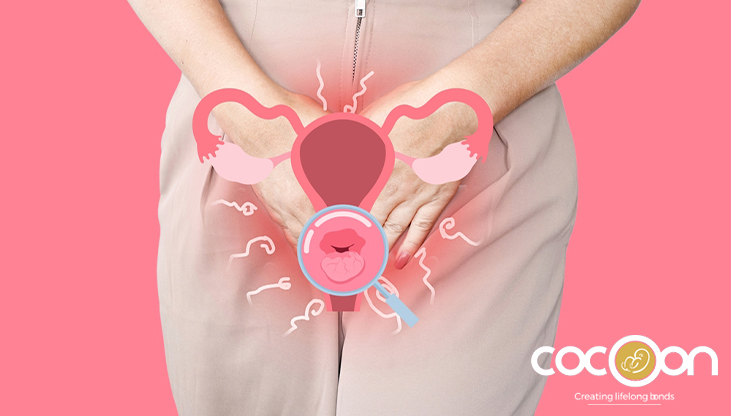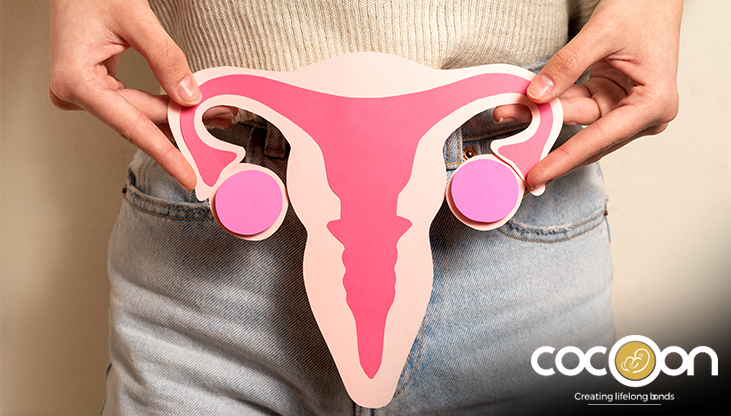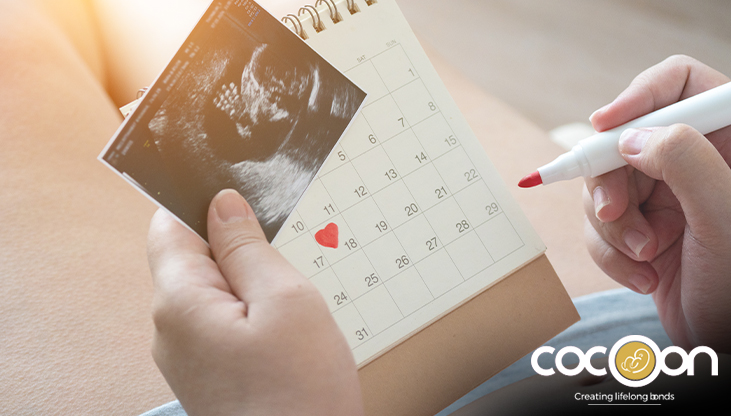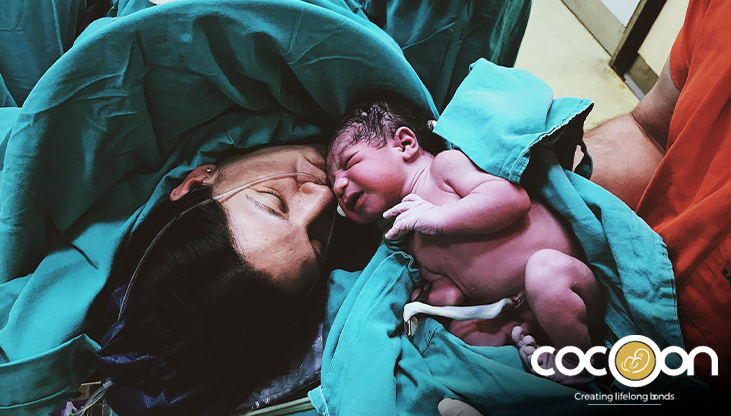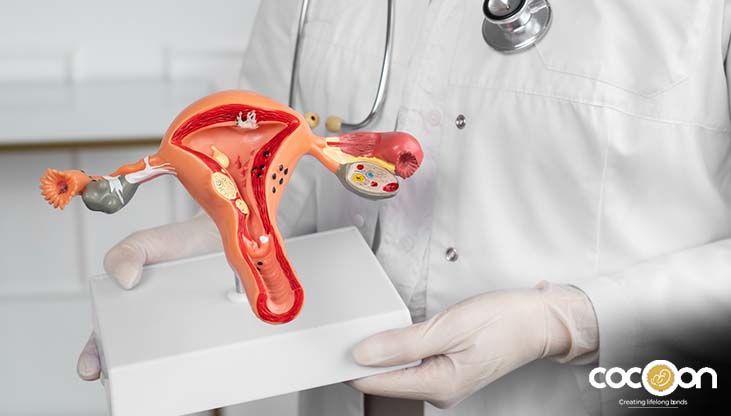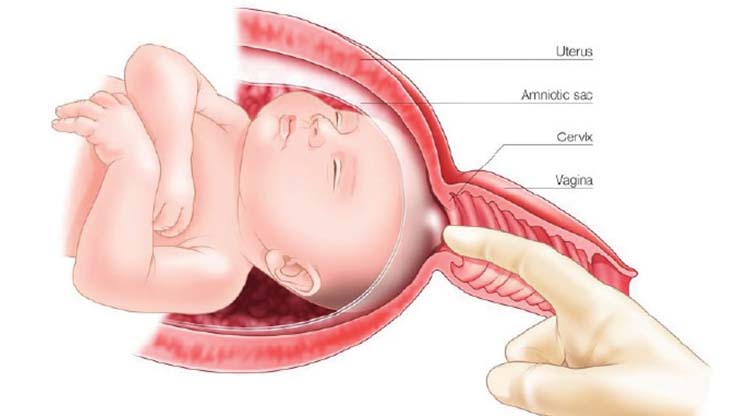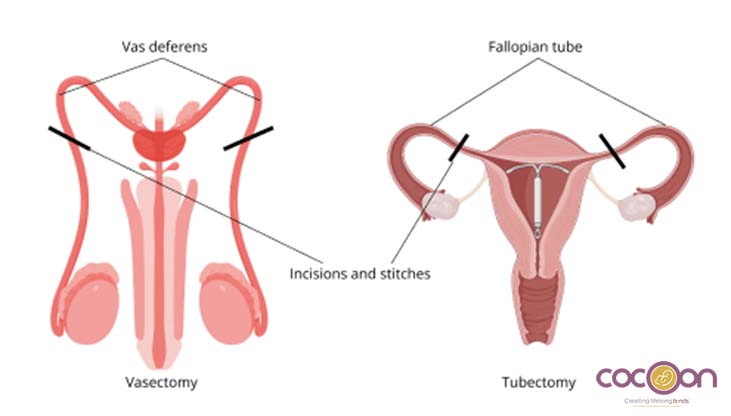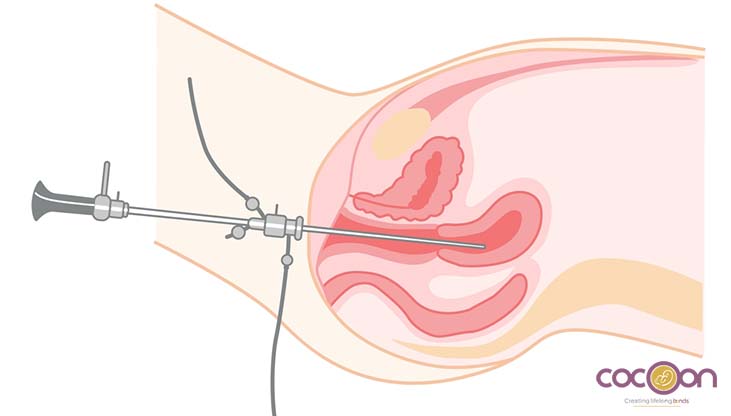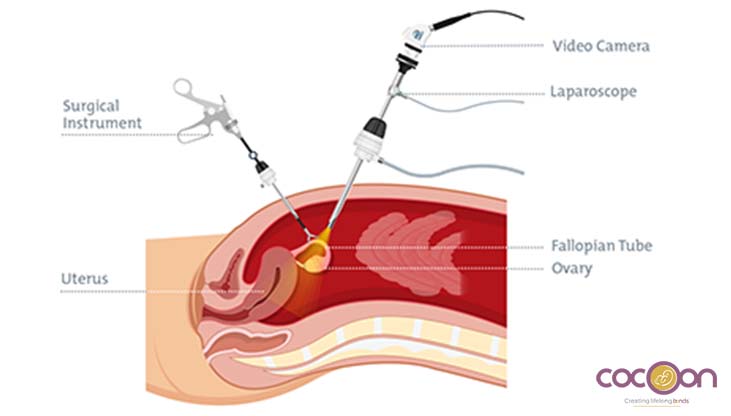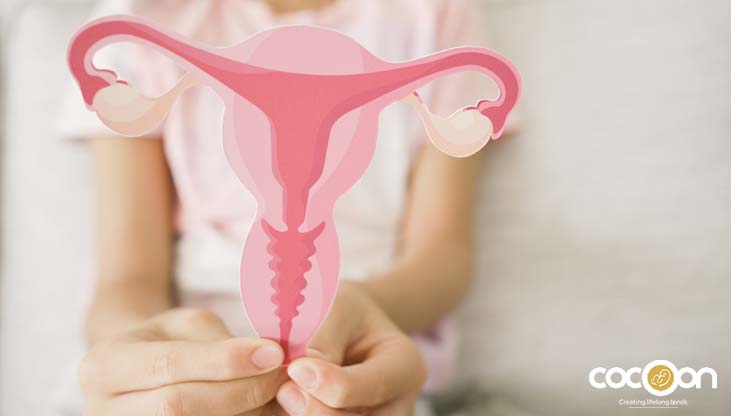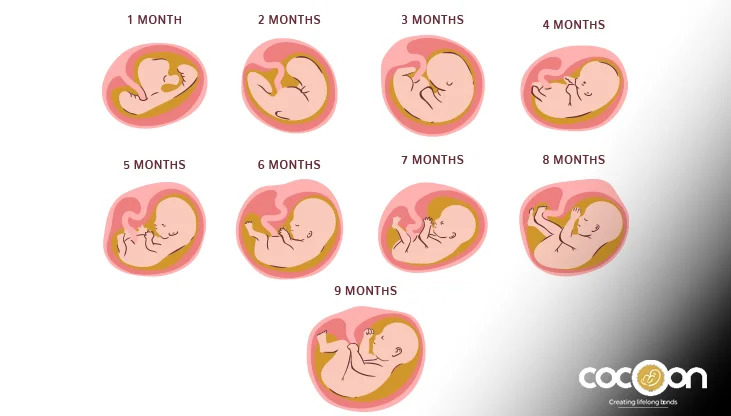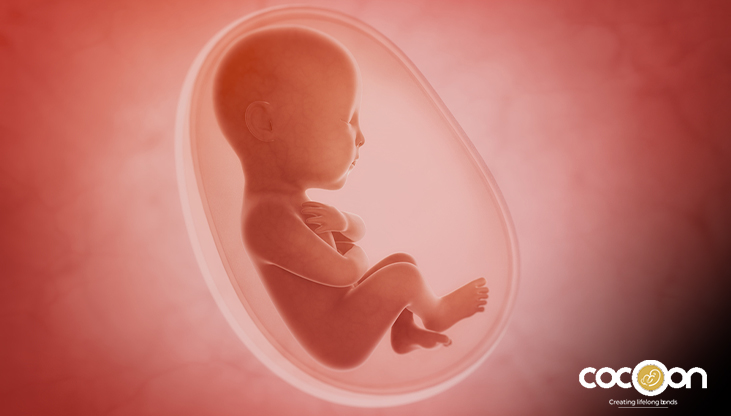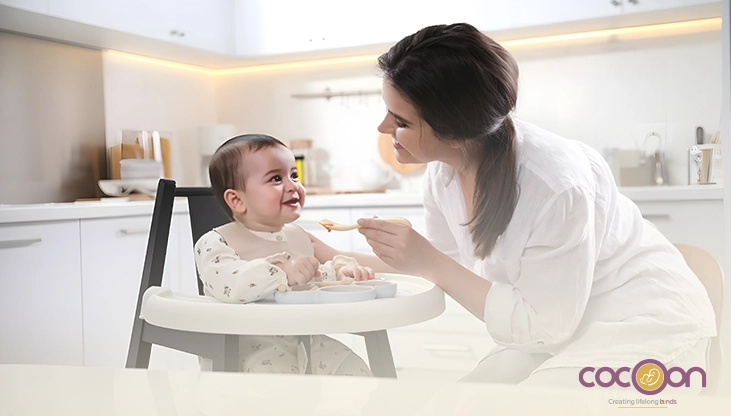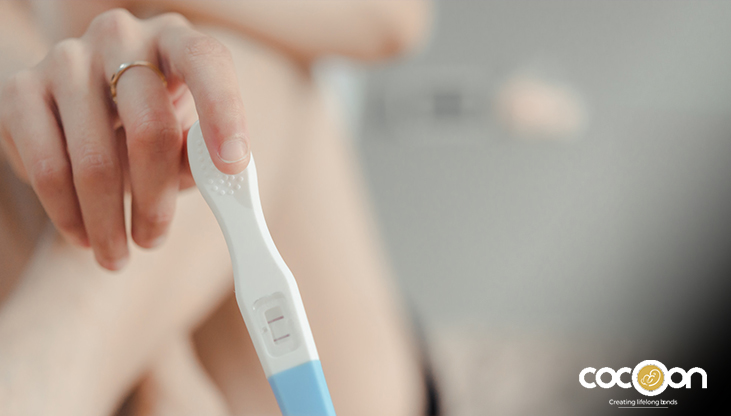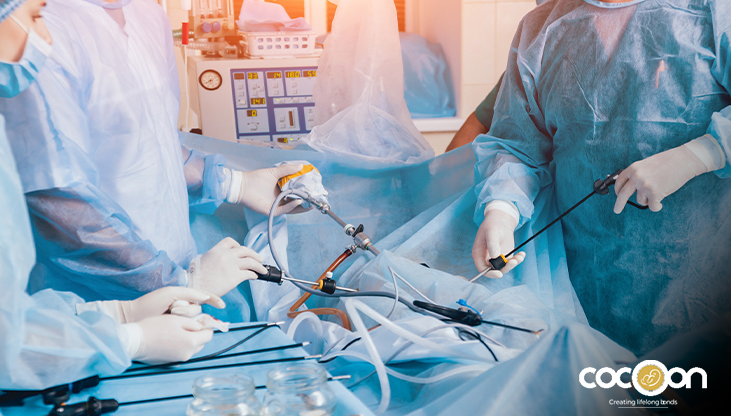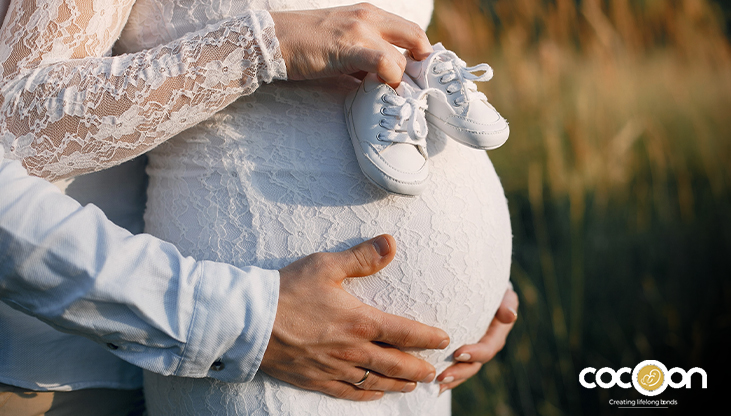You might not consider (or plan for) the possibility that your unborn child will need to stay in the Neonatal Intensive Care Unit (NICU) during your pregnancy. Whether you're expecting it or not, knowing what to anticipate in the NICU will help you feel prepared in case your newborn needs further care and attention after delivery. It's likely that your baby was taken from you shortly after delivery if the baby is unwell or delivered early.
Many parents may feel they aren't doing everything they should for their child when they first arrive in the neonatal unit. Parents often feel worried and helpless. It's totally natural. You may have envisioned your first moments with your newborn being joyful, but spending those times in a neonatal unit often robs you of those moments.
You will undoubtedly have questions as a new parent about everything from how to start nursing to how to clean and bathe your child and change their diaper. This is a brief overview of all the things you should know about taking care of your newborn during those joyful but demanding first few weeks.
Neonatal Care Tips for New Parents
How should the umbilical cord of our infant be cared for? How much is our infant's visibility? What causes the swelling in their genitalia? There is no instruction manual for newborns, and you will undoubtedly have many questions concerning their behaviour and appearance in the first place.
Following are the neonatal care tips for new parents that can help you:
- Delay the baby's first bath for at least 24 hours after cleaning and drying them.
- Put a cap over the baby's head and keep them warm with one or two layers of clothing more than adults.
- Get the infant examined for jaundice, hearing, and vision issues.
- Refrain from touching the umbilical cord with anything, including ointment, and keep it dry.
- Allow the infant to nurse when it wants to and keep the mother and child in the same room.
- Maintain as much skin-to-skin contact as you can with the infant every day when they are small.
- Before handling the infant, wash your hands with soap and water.
- Recognise the warning signs and know where to get help, such as if the infant is not eating well, is breathing rapidly, or has a high body temperature.
- To increase nursing success, ask your baby's paediatrician, lactation consultants, or support groups for assistance.
- While in the hospital, ask nurses for assistance, attend nursing classes, and speak with lactation specialists.
- Before feeding sessions, take bathroom breaks, stay hydrated, and grab water or a book while nursing.
- Use flax pillows, heating pads, or warm washcloths to clear clogged ducts or engorgement.
- After nursing, use cold packs or frozen peas on painful breasts.
- Focus on taking care of your infant and accept sleep deprivation as a normal aspect of the phase.
- For better sleep, divide up the babysitting responsibilities with your spouse.
- Put your cleaning on hold while your baby naps.
- To soothe your infant, try side-holding, swinging, shushing, and swaddling.
- To quiet your baby, play soothing music or audio that is appropriate for babies.
- When changing a diaper, use warm wipes to prevent irritation.
- Try a variety of calming methods, such as holding the infant while performing light exercises.
- Take a warm bath together to calm both you and your baby (once the umbilical cord falls off).
- Use parental leave, sick days, or vacation time for bonding and support.
- Share household tasks like cleaning and grocery shopping to lighten the load.
What to Expect in the NICU?
In order to provide each child with the greatest amount of monitoring, care, and support possible, the NICU is equipped with a wide variety of machinery and equipment, such as respirators, IVs, temperature monitors, heart and blood pressure monitors, and other devices that help babies to get sufficient oxygen. These devices also have silent alarms and sporadic beeping that indicate things like low IV fluids or changes in vital indicators. All of these noises are typical and aid professionals in anticipating and promptly attending to each baby's requirements. Even while seeing small infants surrounded by cables and devices can be daunting, keep in mind that each one serves a vital purpose in assisting your child's growth and development.
If you’re seeking the best NICU center in Jaipur, ensure they have advanced facilities and a team of skilled neonatologists for comprehensive care.
Many professionals are associated with NICU. It may not always feel as private as you would like because of other parents, doctors (neonatologists), nurses, specialists, therapists, and social workers. However, remember that everyone in and around the NICU plays a crucial role in providing care for your child—and their families, too!
The NICU provides a wealth of options for the little patients, and we can promise you, mama, that utilising the assistance will help ease the discomfort of an unexpected NICU stay. Just to mention a few:
- Lactation consultants
- Social workers
- NICU doctors and nurses
- Pediatricians
- Neonatologists
Conclusion
It might be overwhelming (and perhaps a little frightening) to see your small baby surrounded by machines and wires, especially if you're expecting that they might need to stay in the NICU. But keep in mind, mom, that each device and person in the NICU performs a crucial function that will support, strengthen, and keep an eye on your baby. As your child becomes stronger and gets closer to returning home, remember to appreciate each little step and each day that goes by.
The first month of caring for a newborn infant may seem like an unending cycle of feeding, changing nappies, and wondering when you will both be able to sleep through the night. However, don't worry, you will quickly learn how to do all of this.
If you are worried about your health or the health of your unborn child, consult our expert paediatricians and neonatologists at Cocoon Hospital. They will guide you accurately on neonatal care tips for new parents & what to expect in the NICU? Book your consultation now!
Frequently Asked Questions
Q1: How can I prepare for my baby’s transition from the NICU to home?
A: The medical team will ensure your baby meets key milestones for discharge. You’ll receive training on feeding, medication, and emergency care. Follow-up appointments will be scheduled.
Q2: What support is available for parents during a NICU stay?
A: Hospitals often provide support groups, counselors, and social workers to help parents cope. Leaning on family and friends and seeking online resources can also be helpful.
Q3: How do I handle the emotional challenges of having a baby in the NICU?
A: It’s normal to feel overwhelmed. Talk to the NICU staff about your concerns, seek emotional support from loved ones, and connect with other NICU families for shared experiences. Self-care and counseling can also help manage stress.




